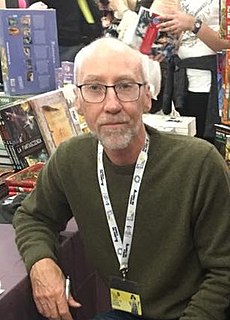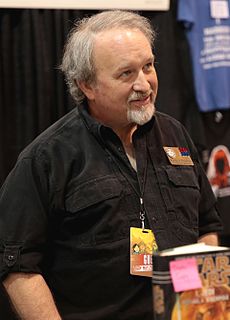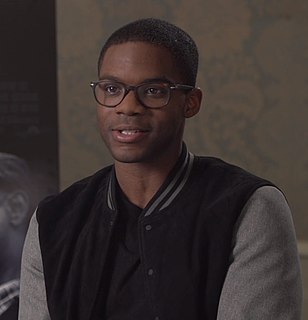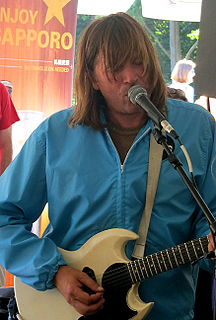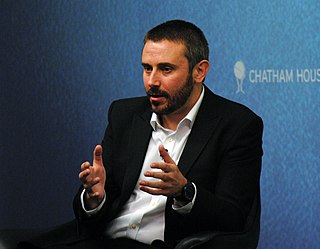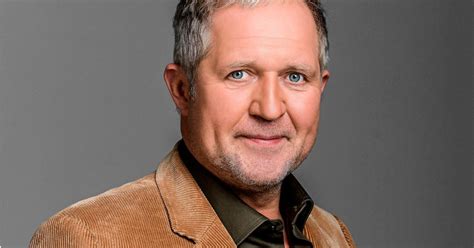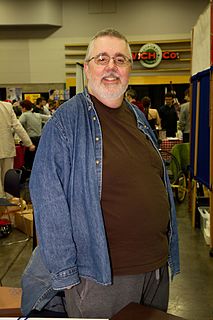A Quote by Satyadev Kancharana
I also write stories and want to show these stories to the world; someday someone might want to direct them.
Related Quotes
Sure, kids want to read whatever is the hot book, and of course they want to read fantasy and any kind of speculative fiction, but they also like to read stories with kids that look just like them, that have the same problems as them. And I've noticed that what they particularly want to see is to see those characters prevail. So they don't want sanitized situations. They want stories to be raw, they want them to be gritty, but they also do want to see the hope at the end of the story.
I want to see children curled up with books, finding an awareness of themselves as they discover other people's thoughts. I want them to make the connection that books are people's stories, that writing is talking on paper, and I want them to write their own stories. I'd like my books to provide that connection for them.
But this is what I know about people getting ready to walk of the edge of their own lives: they want someone to know how they got there. Maybe they want to know that when they dissolve into earth and water, that last fragment will be saved, held in some corner of someone's mind; or maybe all they want is a chance to dump it pulsing and bloody into someone else's hands, so it won't weigh them down on the journey. They want to leave their stories behind. No one in all the world knows that better than I do.
The first week I was in Iraq, I said, "This is what I want to do. I want to be a reporter and to tell stories of people whose stories would not be told if we don't gather them." It's part of what I think of as the one-two punch of journalism. You're trying to give voice to the voiceless, and then you're also trying to hold those in power accountable, regardless of what party they're in.
I never have people tell me their stories. I usually have to figure them out myself. Because I know that if people tell me stories, they will expect them to be remembered. And I cannot guarantee that. There is no way to know if the stories stay after I'm gone. And how devastating would it be to confide in someone and have the confidence disappear? I don't want to be responsible for that.
Great stories happen all around you every day. At the time they’re happening, you don’t think of them as stories. You probably don’t think about them at all. You experience them. You enjoy them. You learn from them. You’re inspired by them. They only become stories if someone is wise enough to share them. That’s when a story is born.
When I write a project, it might be something that I want to do and then when I look at it, I'm actually like, "I kind of don't want to direct it." I don't know why, I still love it enough for it to be made and to support it, but I don't want to direct it. I just give it to other directors and they do a good job!


